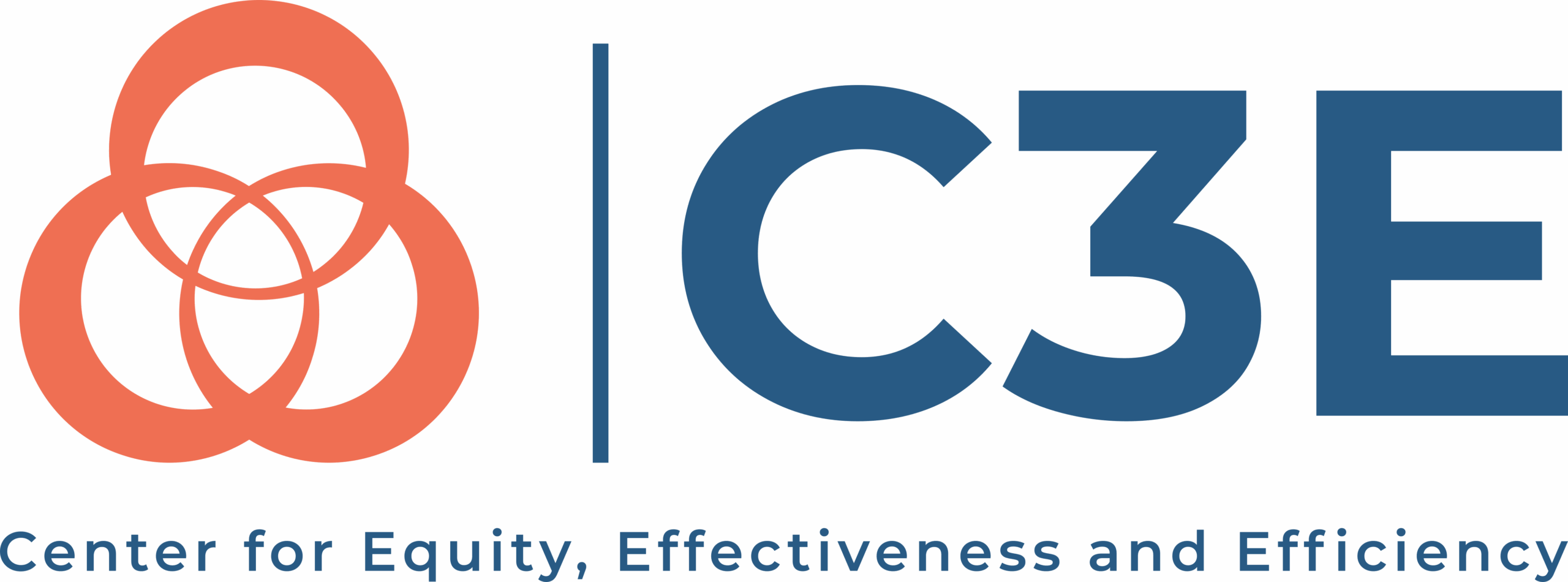
CORE COMPETENCIES:
Project Management involves leading equity-driven initiatives by coordinating resources, mobilizing teams, and ensuring projects address structural inequities. Effective project management requires leaders to practice collaborative leadership, implement change management strategies, and establish Key Performance Indicators (KPIs) to measure success.
- Strategic Planning for Equity – Develop strategic plans that prioritize equity goals and outline specific, measurable actions.
- Team Management – Build and manage inclusive teams that reflect the communities they serve and ensure diverse perspectives are represented.
- Collaborative Leadership – Foster cross-department collaboration to break down silos and promote shared accountability for equity goals.
- Change Management – Lead systemic change initiatives to address structural barriers and promote inclusive practices.
- Performance Metrics – Establish KPIs to track the success of equity initiatives and ensure continuous improvement.
ESSENTIAL QUESTIONS:
- How do we strategically plan, execute, and monitor projects to ensure equity-centered outcomes?
- How do we implement workforce planning, talent acquisition strategies, and stakeholder engagement to build teams that reflect the diversity of the communities we serve?
- How do we allocate resources, optimize budget management, and leverage cross-functional collaboration to achieve equity goals effectively?
- What key performance indicators (KPIs), success metrics, and data-driven evaluation frameworks do we use to measure the impact of our equity-driven projects?
| AUTHOR OR INSTITUTION | TITLE | ONE SENTENCE DESCRIPTION |
| Aguilar, E. | The art of coaching teams: building resilient communities that transform schools | “The Art of Coaching Teams” provides a comprehensive guide for team leaders, offering practical tools, strategies, and insights to effectively build, lead, and sustain high-performing teams with a focus on trust, emotional intelligence, and healthy communication. |
| Heifetz, R., Grashow, A., and Linsky, M. | The practice of adaptive leadership: Tools and tactics for changing your organization and the world | “The Practice of Adaptive Leadership” by Heifetz, Linsky, and Grashow offers practical tools and strategies for mobilizing people to tackle tough challenges and drive organizational change, emphasizing the importance of reflection, risk-taking, and resilience in adaptive leadership. |
| Miriam Zoila Perez | 4 Self-Care Resources for Days When the World is Terrible | The article provides self-care resources for people of color to help them cope with the emotional and psychological toll of ongoing violence and racism, offering practical tips and advice for managing stress and maintaining well-being. |
| Nasco Coop | Consensus Building: Fist to Five Protocol | Fist to Five is a nuanced voting method that incorporates consensus elements by using a hand signal system where a fist represents a firm “no” and one through five fingers indicates varying degrees of agreement, enabling groups to transition from simple majority voting to more complex, quality-focused consensus decision-making. |
| Othering and Belonging Institute | Contracting for Equity: Best Local Government Practices that Advance Racial Equity in Government Contracting and Procurement | This issue brief, authored by Tim Lohrentz from the Insight Center for Community Economic Development with support from Julie Nelson and Anne Price, discusses best practices for local governments to advance racial equity in government contracting and procurement, highlighting strategies, policy recommendations, and successful examples from various jurisdictions. |
| Race Forward | Racial Equity Impact Assessment Toolkit | A Racial Equity Impact Assessment (REIA) is a systematic tool used to evaluate how proposed actions or decisions will affect different racial and ethnic groups, aiming to prevent institutional racism and promote equitable outcomes. |
| Social Justice Leadership | Transformative Organizing: Towards the Liberation of Self & Society | Transformative organizing, towards the liberation of self and society, integrates impactful grassroots organizing with ideological development and personal transformation to create a new paradigm for organizing that brings deep change at multiple levels: how we are as people, how we relate to each other, and how we structure society. |
| The American Planning Association | Planning for equity policy guide | The “Planning for Equity Policy Guide” by the American Planning Association commits to promoting equity by removing barriers, ensuring just and fair inclusion, and emphasizing proactive planning to address and prevent inequities in all community planning practices. |
| The Praxis Institute | Participatory Action Research Template | The Participatory Action Research (PAR) template by Fannie Haughton guides community-based organizations in integrating research with action to support community development and advocacy, outlining steps from engaging participants and defining the problem to data collection and using findings for ongoing community improvement. |
| The Praxis Project | Data for Equity: A Review of Federal Agency Equity Action Plans | Achieving racial equity necessitates intentional actions to dismantle structural racism, supported by effective communication, community collaboration, and the transformation of government policies and practices. |

